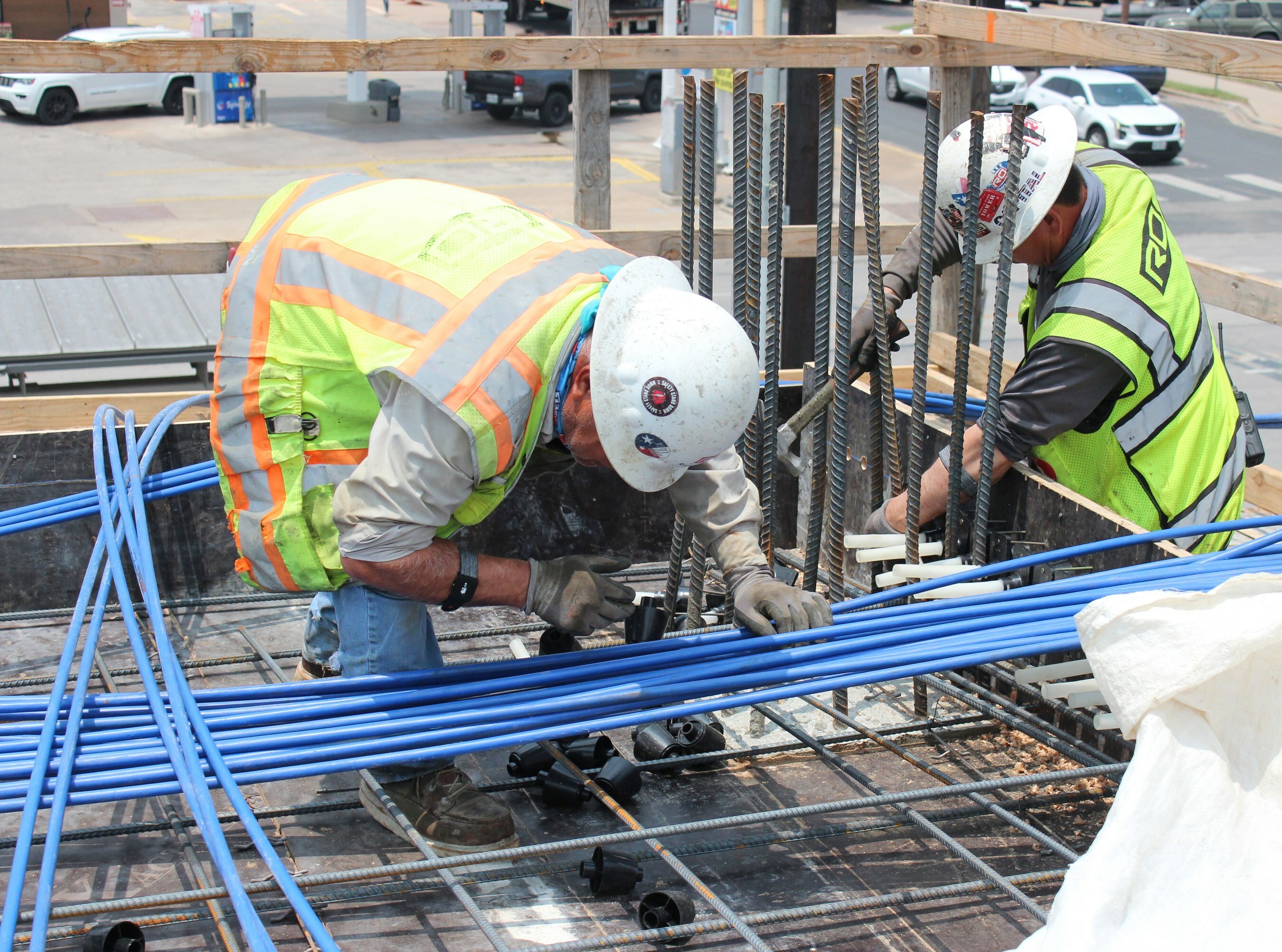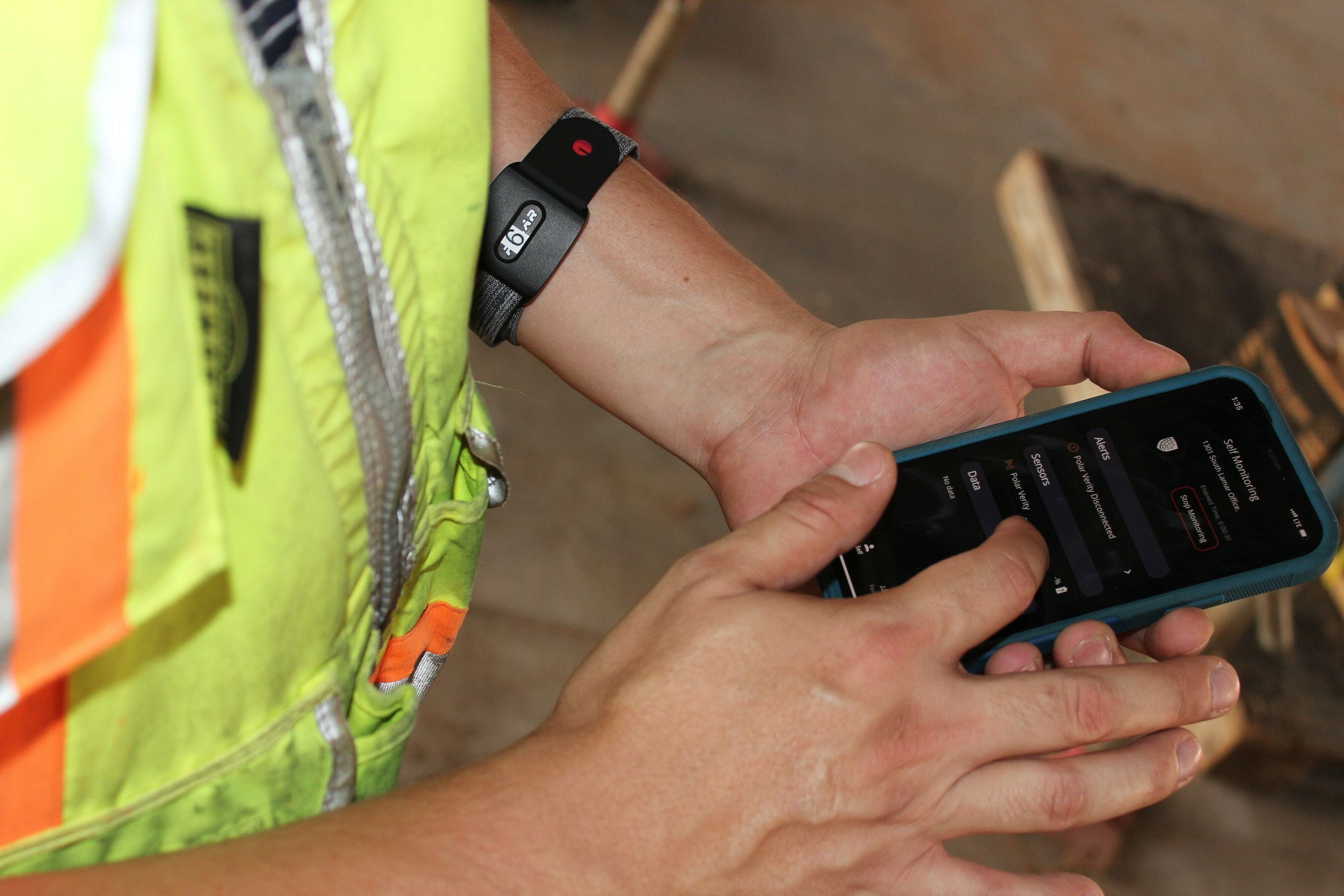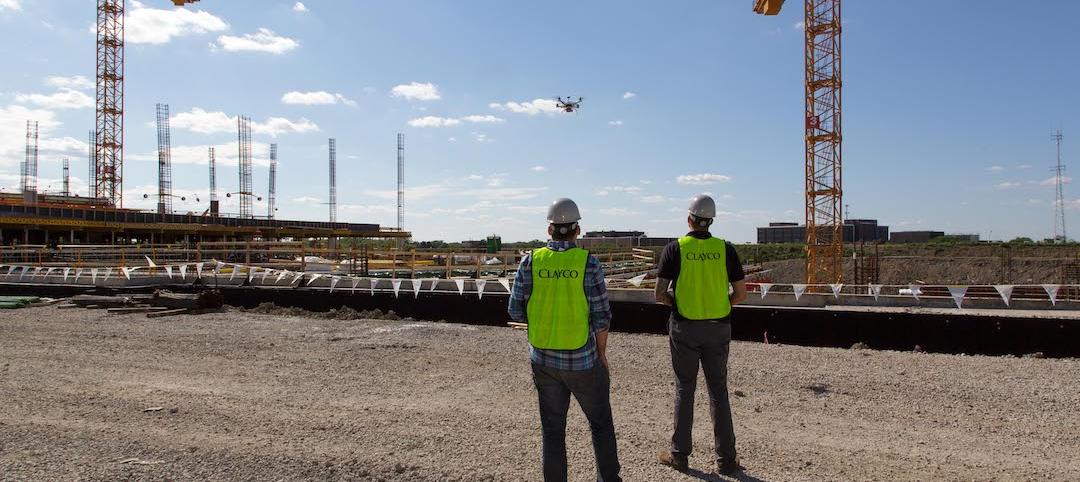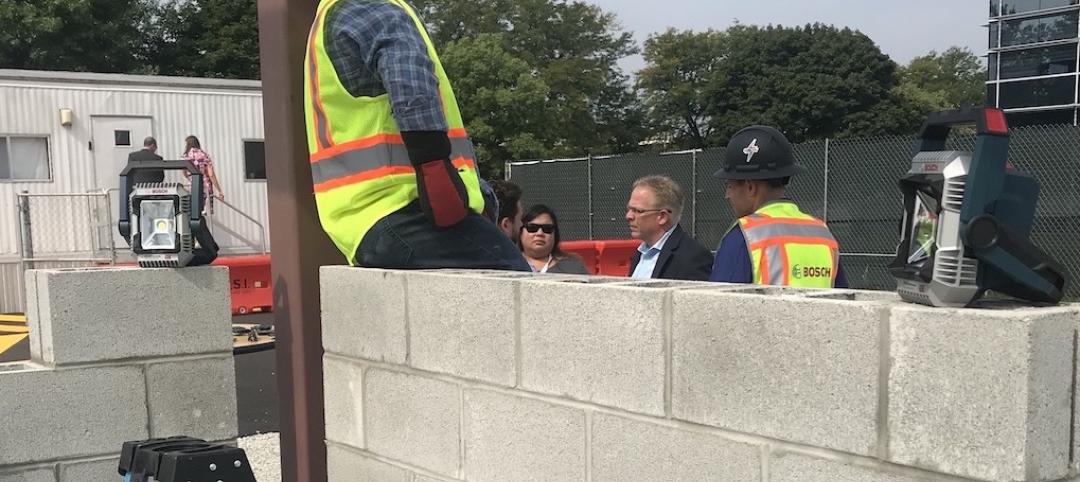Rogers-O'Brien Construction (RO) has launched a pilot program utilizing SafeGuard, a safety-as-a-service platform for real-time health and safety risk assessment. Non-invasive wearables connected to SafeGuard continuously monitor personnel to prevent heat exhaustion on jobsites, reducing the risk of related injuries.
RO is the first general contractor to pilot this program alongside organizations such as Boeing, United States Air Force Research Laboratory, and Department of Homeland Security.
SafeGuard combines wearable sensors with physiological and environmental monitoring, to predict and address potential safety issues before they pose a problem.
With personalized alerting and intuitive data visualizations, the patented intelligent guardian software provides comprehensive workforce protection. When compatible sensors such as a Polar armband, Garmin watch, or Apple watch detect signs of overheating or concerning heart rates among workers, both the individual and their safety manager receive an alert advising them to take a break and hydrate.

Recognizing that many laborers opt out of much-needed breaks, it becomes crucial to have safety managers step in when sensors pick up dangerous thresholds according to industry safety standards.
"We're pioneering a new era of worker safety," says Todd Wynne, Chief Innovation Officer. "SafeGuard technology empowers us to prevent heat-related risks and protect our employees like never before. As the first general contractor to adopt this game-changing solution, we're setting a precedent for the industry and demonstrating our unwavering commitment to sending everyone home each day."
SafeGuard focuses on health and safety monitoring without evaluating work performance or tracking breaks. The platform ensures data privacy and advanced security measures while complying with HIPAA standards.
With this pilot program deployed across three major jobsites in Texas, RO aims to significantly reduce heat-related risks in the construction industry, where 20 lives are lost annually due to heat exhaustion.
Related Stories
AEC Innovators | Aug 26, 2019
Clayco seeks the cutting edge as a competitive advantage
Innovation has been in Clayco’s DNA since this general contractor was founded in 1984.
AEC Innovators | Aug 15, 2019
Oracle’s replica of a construction jobsite creates an immersive environment for AEC professionals
The Oracle Construction and Engineering Innovation Lab allows visitors to walk through five different stages of construction work, to test new AEC technologies and training techniques.
AEC Innovators | Aug 13, 2019
Stacking the deck: Marriott International embraces modular construction
The hotel giant has more than 50 projects in the works that incorporate prefab guestrooms or bathrooms.
AEC Innovators | Aug 9, 2019
Improving architectural designs through iteration
Computational design lets ZGF Architects see patterns that renderings and even models can’t show.
AEC Innovators | Aug 6, 2019
Structural engineer speeds skyscraper construction with novel building core design
With its Speed Core composite core wall system, Magnusson Klemencic Associates thinks it’s found a faster way to complete high-rise buildings.
AEC Innovators | Aug 5, 2019
Mace Group builds working on top of under-construction skyscrapers
The six-story factories eliminated the need for tower cranes, and increased productivity to the point where crews could complete 18 floors in 18 weeks.













